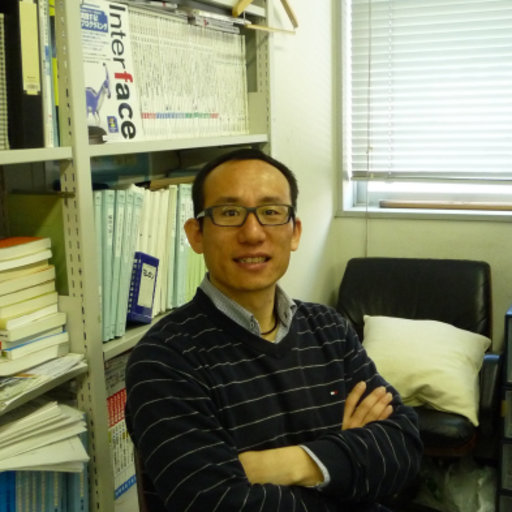Keynotes
WANG Zhongkui
Department of Robotics
Ritsumeikan University, Japan
Dr. Zhongkui Wang received his Ph.D. degree in Robotics from Ritsumeikan University, in 2011. He was a research associate and a postdoctoral fellow in the same University from 2011 to 2014. During 2012 to 2013, he visited the Swiss Federal Institute of Technology Zurich (ETHZ) as a guest researcher. From 2014 to 2019, he was an assistant professor in the Department of Robotics of Ritsumeikan University, and from 2019 to 2023, he was an associate professor in the Research Organization of Science and Technology of Ritsumeikan University. From 2023, he became an associate professor in the Department of Robotics of Ritsumeikan University.
His research interests include soft robotics, robotic end-effector, grasping and manipulation, biomedical engineering, and tactile sensing. He is an associate editor of IEEE Robotics and Automation Letters, a member of the editorial board of the Chinese Journal of Mechanical Engineering, the topics board of the Actuators, and a committee member of several IEEE conferences (IROS, ROBIO, RCAR, UR, WRC SARA, ARM, WCICA, ISR, HAVE). His work was awarded best papers at international conferences of UR2020, RCAR2018, and M2VIP2017.
Keynote Title: Soft Robotics Approach for Food Industry Automation
Automation using robots is highly demanded in the food industry and agriculture in Japan due to the labor shortage in recent years. There are several challenges while introducing robotic system into the food industry and agriculture, such as the recognition of food materials in a bin-picking scenario, handling food materials with large variations in shape, size, and physical properties, and handling at high-speed motion and low-cost system request. In this talk, a national project for improving automation and IoT technologies in the food industry and agriculture will be introduced and several robotic systems that developed in our group for handling food and agricultural products will be presented. Particularly, we took the advantages of soft robotics approach to develop various kinds of robotic end-effectors, which will be explained in detail together with test results from our industrial partners. In addition, a database of food properties for robotic handling will be presented for facilitating the development of robotic end-effectors for food handling.


